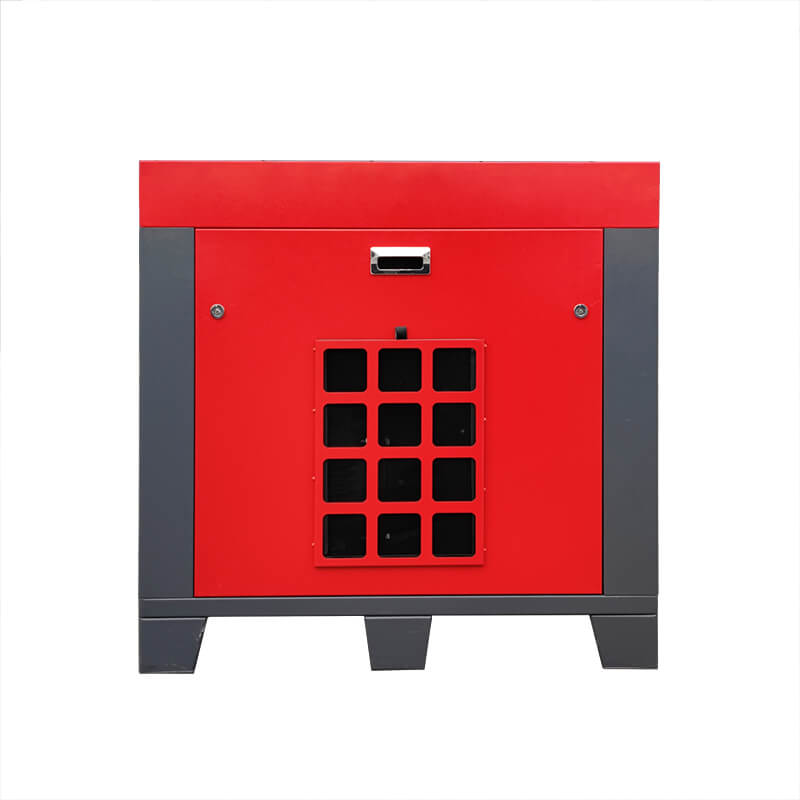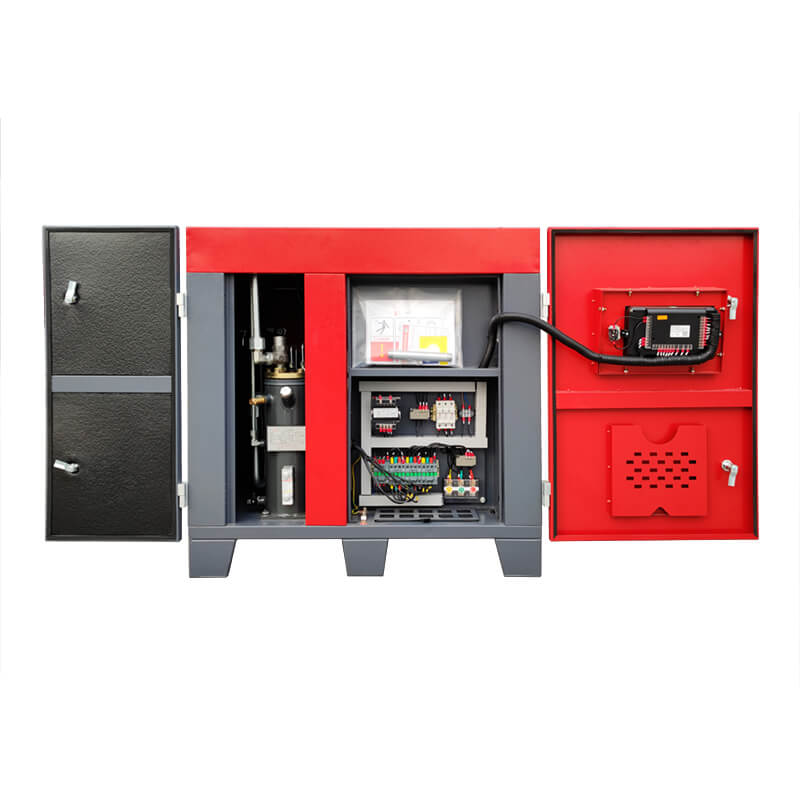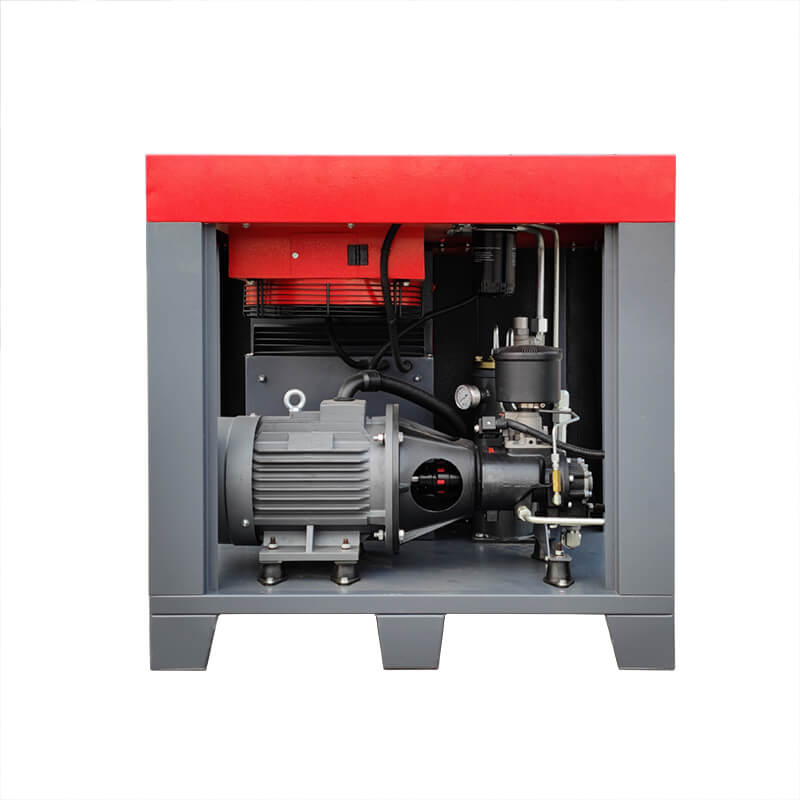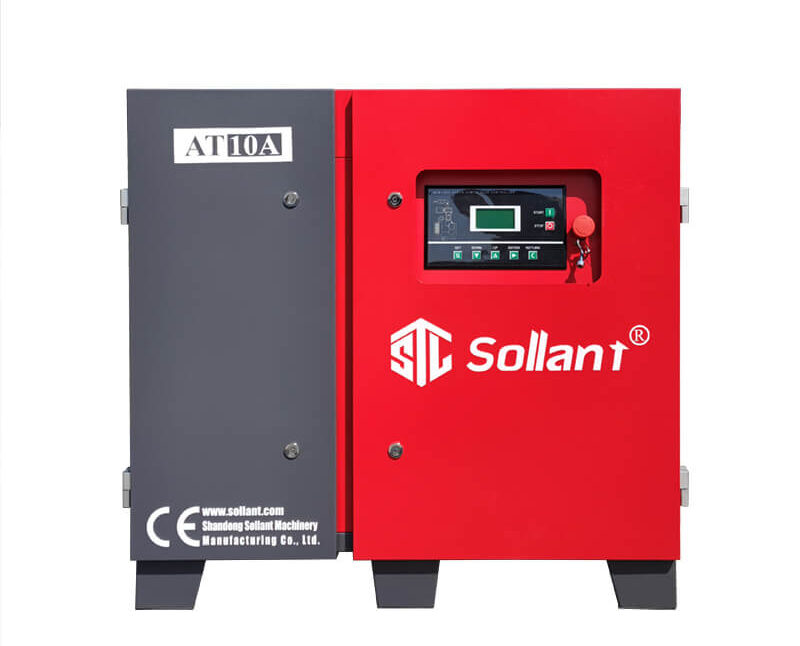There are several ways to improve the working efficiency and performance of an air compressor and achieve energy-saving effects. Here are some suggestions:
1. Regular maintenance: Regular maintenance and upkeep of the air compressor can help keep it in optimal condition and improve its performance. This includes checking and changing filters, cleaning the compressor components, and replacing worn parts.

2. Proper ventilation: Ensuring that the compressor is located in a well-ventilated area can help prevent overheating and improve its efficiency. It is also important to avoid placing the compressor near sources of heat or moisture.
3. Optimize operating conditions: Adjusting the operating conditions of the compressor, such as the pressure and temperature settings, can help optimize its performance and reduce energy consumption. It is important to ensure that the compressor is not operating at a higher pressure or temperature than required.

4. Reduce air leaks: Air leaks can lead to energy waste and reduce the efficiency of the compressor. Regularly checking and repairing leaks in the system can help reduce energy consumption and improve performance.
5. Upgrade to energy-efficient equipment: Upgrading to energy-efficient equipment, such as variable speed drives, can help improve the performance and efficiency of the air compressor. These systems can adjust the compressor output to match the air demand, which can reduce energy consumption and operating costs.

By implementing these measures, it is possible to improve the working efficiency and performance of an air compressor and achieve energy-saving effects.
Sollant Focus on Energy Saving
.jpg)




